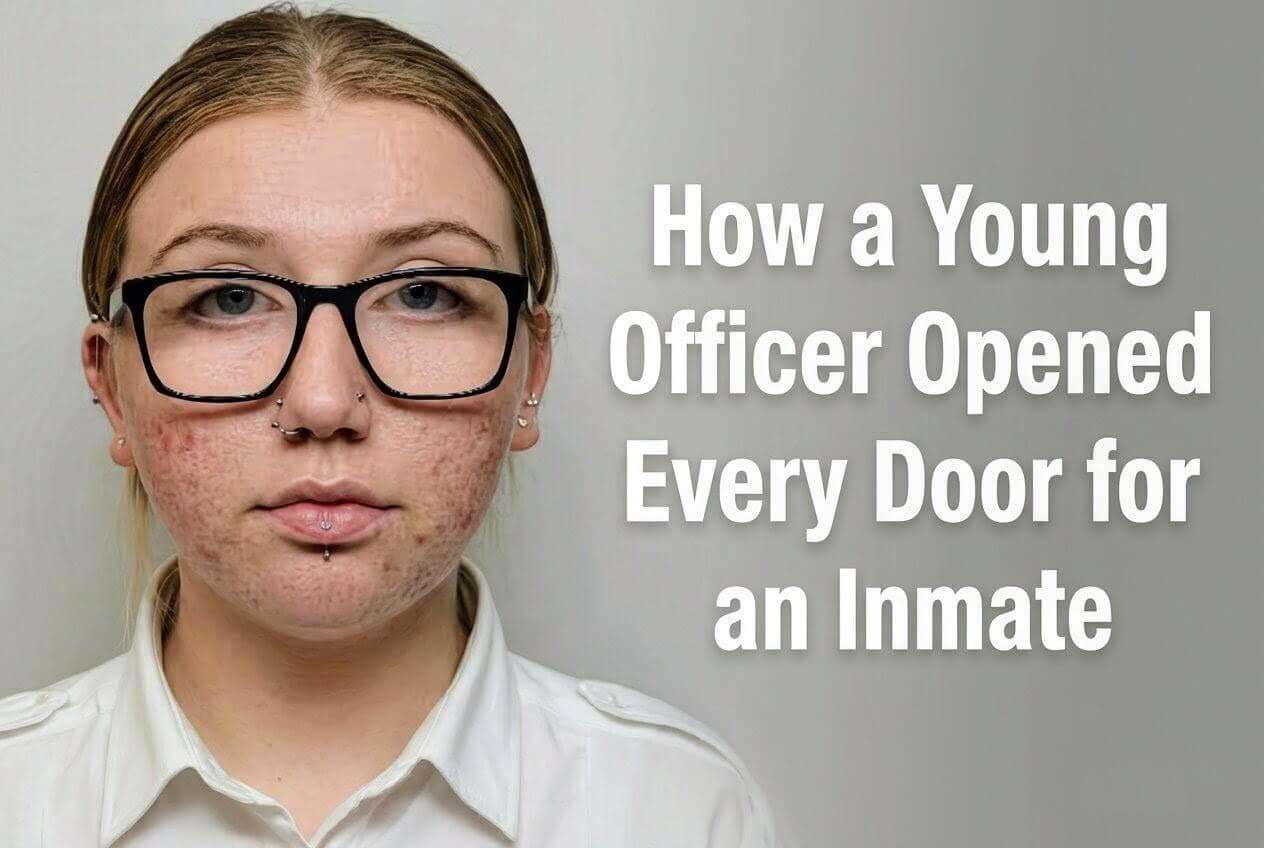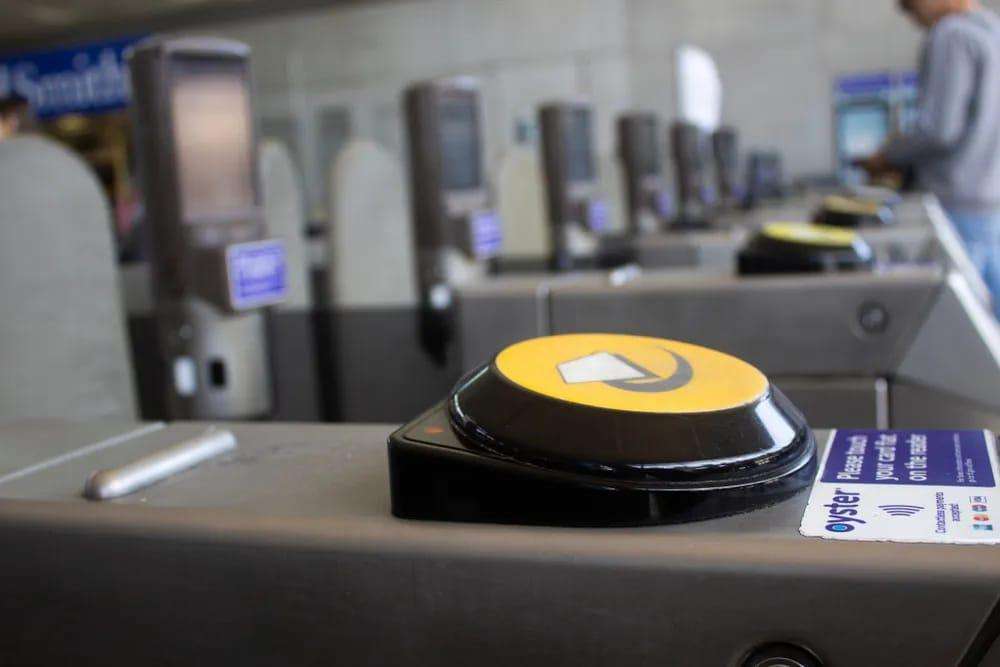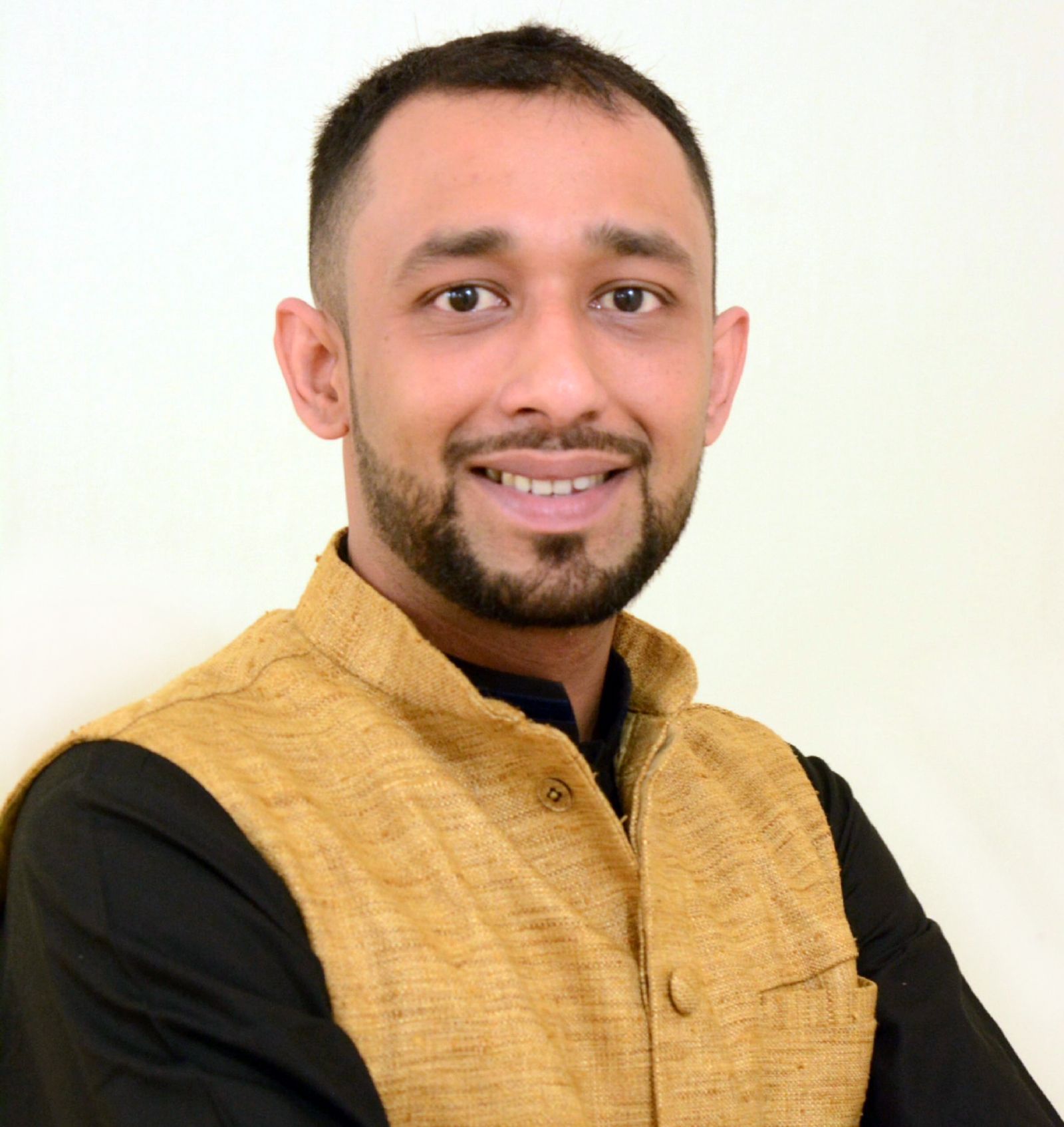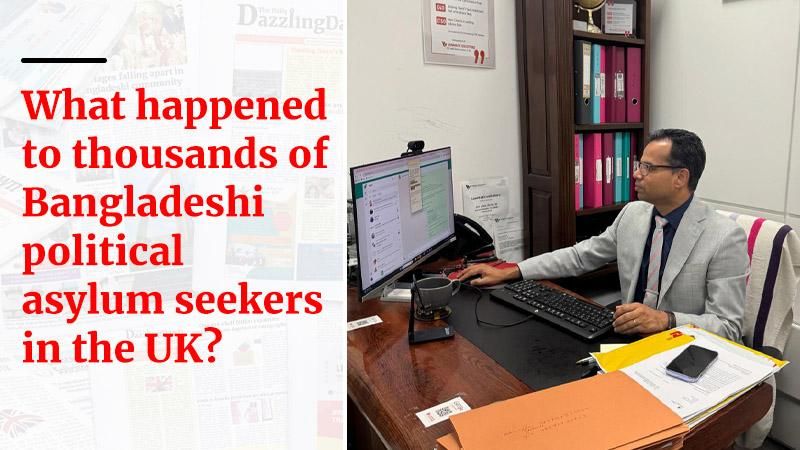Daily Dazzling Dawn has confirmed that, at least a dozen leaders of the Greater Sylhet Awami League, who fled to London from Bangladesh and India after the new government came to power in Bangladesh, have recently applied for political asylum in the UK.
In various countries outside the United Kingdom, the Bangladeshi government officials who were recently dismissed under the new government are lobbying in many ways in Bangladesh to cancel their old passports and seeking political asylum.
After the change of government in Bangladesh, in different countries of the world, including Britain and Europe, who were persecuted by the Awami government, also called BNP or Jamaat before the change of government in Bangladesh, the applicants and their families are worried about what will happen to them.
Barrister Salah Uddin, solicitor and partner of Lawmatic Solicitors of London, commented on the matter. Barrister Salah Uddin Suman spoke to Daily Dazzling Dawn. He said, very naturally, those who went to different countries, including Britain, and applied for political asylum as an activist of BNP or Jamat will be affected now. But it is not that; all the merits of these cases have been lost. If the cases against them in the country are pending or if the applicant can show any reason that the situation in the country is not yet stable or not safe for them. From the point of view of the plaintiff in this case, if I see, in the current situation of Bangladesh, no one's BNP, Jamaat Awam League, is safe. They are attacking each other. As long as there is a possibility that the safety of the applicant may be disturbed in the country, there will be grounds for litigation.If he can support his claim with expert reports, newspaper reports, and reports of human rights organizations, it will gain weight. However, the merit of such cases has definitely been damaged by the change of government.
It should be noted that there are specific allegations that Awami League leaders and activists from Bangladesh who have been there for more than 15 years have sought political asylum in Britain as BNP-Jamaat leaders and activists.
Several immigration lawyers in Britain told this reporter that Bangladeshis who have applied for political asylum in Britain in the last fifteen years are applying as leaders and workers of the opposition party alliance, including BNP-Jamaat. Because if your own supported party is in the government in your own country, there is no opportunity to seek political asylum abroad by talking about the threat of death if you return to the country.
In addition to the assistance of asylum lawyers and letter- and paper-making circles, a record number of Bangladeshis have self-motivated and applied for asylum in Britain in the last two years. Among them, the number of fake applicants was also. There were some professional journalists and activists who were actually tortured, jailed, and lost their jobs. Thousands of Bangladeshis came to Britain for various workshops, came to Britain on a visit visa for the second time, and applied for asylum at the airport.
The situation in London took such a shape that BNP top leader Mr. Tarique Rahman himself publicly instructed BNP leaders in the UK to be cautious about issuing asylum letters three years ago.
Saida Muna Tasnim, Bangladesh's controversial High Commissioner to the United Kingdom, signed the Standard Operating Procedure (SOP) on return at the first meeting of the Joint Working Group on Home Affairs with the Bangladesh government to quickly return Bangladeshi asylum seekers to Britain on May 16. Regarding this agreement, the High Commissioner of Bangladesh appointed in London said in a statement, The good news is that Bangladesh is not even among the top ten countries in terms of the number of undocumented citizens in the UK.
It is learned that many of the past applicants for asylum under the guise of various parties were genuine applicants who were persecuted and harmed by the previous government.
Apart from them, many of them filed notarized copies of their English translations in different cases and filed lawsuits against their relatives in their own names. They are making up false stories of burning down their own houses and submitting fake photos and paper cuttings of those events as evidence in the court. They are reprinting some pages of unknown newspapers of the country in the backdate of false news of fake cases in their own name.If they return to the country, the leaders and activists of the government party will kill them; they will have to spend a long time in jail in the case; their lives are at risk—they gave such testimony and description in the court.
In those cases, copies of documents, paper cuttings of newspapers translated into English, and files with affidavits are applied for political asylum in Britain. To make the details of the case credible to the British court, the anti-Bangladesh campaign was carried out on social media, including Facebook, in his own name, sometimes or with a pseudonym.Due to this, the image of the country is weakened abroad.
In an effort to win their case, these asylum seekers actively participated in the various political agendas of the BNP and like-minded parties in Britain to give credibility to the case narrative. Objective: Collect photos and evidence of participation in BNP programs to prove themselves as a political leader or personality.
In many cases, UK BNP leaders are going to the court in Britain and giving evidence they have given in the past as well.
It is not the political workers from Bangladesh who are applying for political asylum. Journalists, writers, imams, and teachers seek political asylum in Britain. There were also retired and decommissioned army and government officials.
Apart from this, many Bangladeshis are applying for asylum in Britain, claiming to be gay and lesbian. A few years ago, a gay Bangladeshi named Saiful Alam (38) was sentenced to one year in prison by a British court for trying to settle in Britain through fraud.
Britain's The Telegraph reported that 11,000 Bangladeshis applied for political asylum in Britain from March last year to March this year.
According to the report, 11,000 Bangladeshis came to Britain in the last year on student, worker, or tourist visas. They have since applied for political asylum and are trying to live permanently in Britain. Only five percent of those who applied for political asylum were successful, the report said.








.svg)

